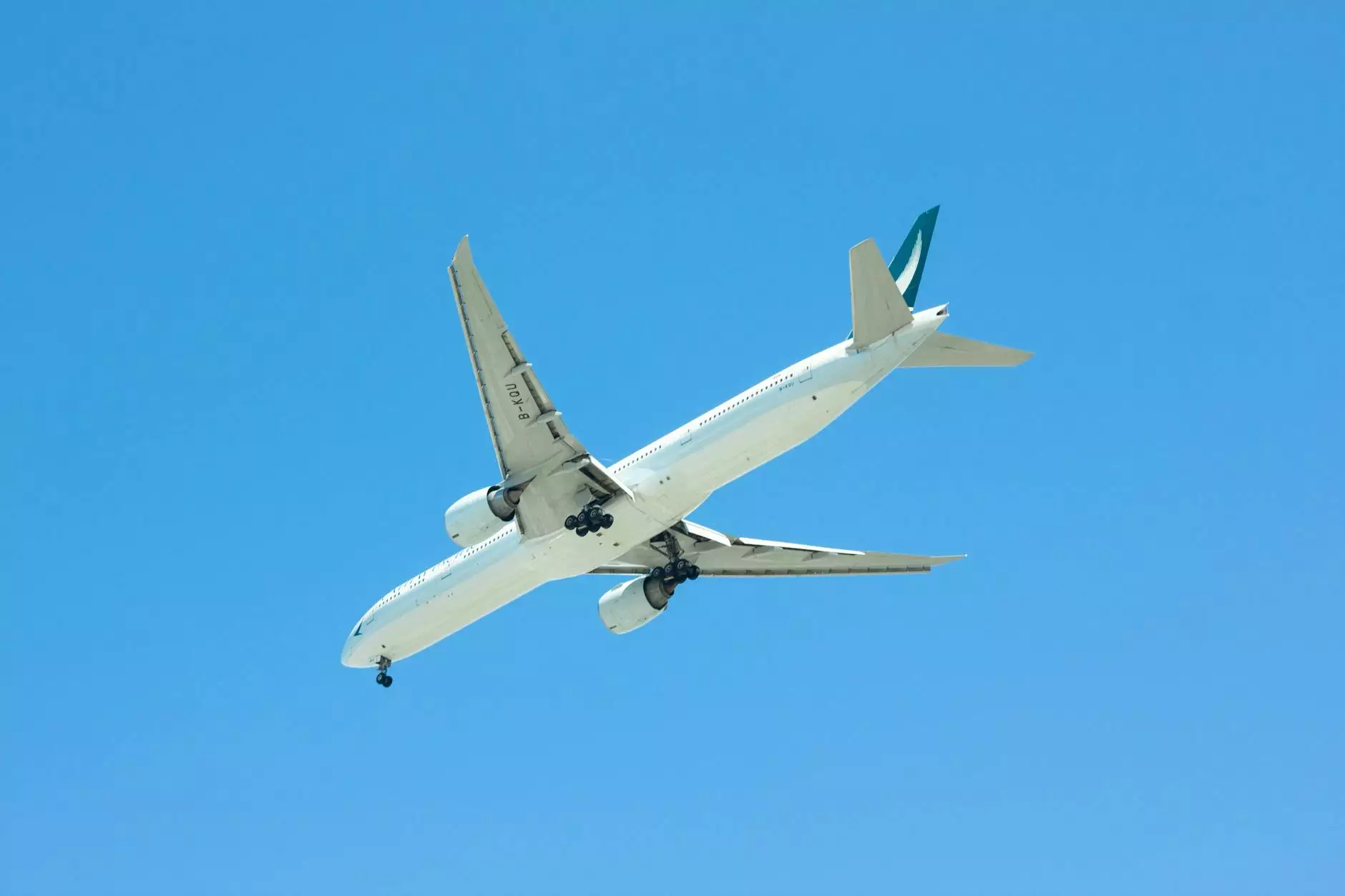Understanding Air Cargo Prices Per Kilo

When it comes to shipping goods internationally, one of the most significant factors to consider is the air cargo prices per kilo. This metric is crucial for businesses that rely on quick and efficient transport for their products. In this comprehensive guide, we will delve deep into the intricacies of air cargo pricing, including various considerations, trends, and how to make the most informed shipping decisions. At Cargo Booking Aero, we are committed to helping businesses navigate the complex world of air logistics.
What Influences Air Cargo Prices Per Kilo?
The air cargo prices are influenced by several factors, and understanding these can help businesses better plan their shipping strategies. Here are the primary considerations:
- Weight of the Cargo: Heavier shipments often cost more because they take up larger portions of the aircraft. Prices are typically calculated based on actual weight vs. dimensional weight.
- Distance: The farther the destination, the higher the shipping costs. This is due to fuel costs and operational expenses incurred during longer flights.
- Type of Cargo: Different types of goods have unique shipping requirements. Perishable items, for instance, might warrant specialized handling that can increase costs.
- Seasonality: Demand for air cargo services often fluctuates by season, with peak periods leading to increased prices.
- Fuel Prices: As fuel prices rise, so do the costs for air freight. This is a significant variable that can affect shipping budgets.
- Carrier Reputation: Well-established airlines may charge more due to their reliability and service quality.
Calculating Air Cargo Prices Per Kilo
To accurately assess air cargo prices per kilo, shippers need to consider both weight and volume. The formula is simple but effective:
Cost = (Weight in Kilos * Price per Kilo) + Additional Fees.
Where additional fees may include handling charges, fuel surcharges, and customs duties. It’s vital to obtain a detailed quotation from carriers to understand the total cost breakdown.
Comparing Air Cargo Rates
When sourcing air freight options, it's important to compare different cargo airlines and their respective pricing structures. Here are some steps you can take to ensure you find the best rates:
- Request Quotes: Reach out to multiple carriers to get quotes for the same shipping specifications. This will help you gain insight into the market rates.
- Use Online Calculators: Many logistics websites, including Cargo Booking Aero, offer online calculators that provide estimates based on inputted data.
- Negotiate Rates: If shipping in bulk, don’t hesitate to negotiate rates, as many carriers offer discounts for volume shipments.
- Evaluate Service Levels: Don’t just compare prices; consider the reliability, transit times, and customer reviews of each carrier.
The Role of Shipping Centers in Air Cargo Pricing
Shipping centers play a critical role in determining cargo prices. Their operations can impact efficiencies and overall costs. Here’s what businesses need to know:
- Location: Proximity to major airports can reduce transportation costs to and from the shipping center.
- Facilities: Modern handling facilities can speed up processing times, leading to lower overall costs.
- Technology: Shipping centers that leverage advanced tracking and logistics technology can avoid delays, contributing to more consistent pricing.
Transportation Options for Air Cargo
Besides air freight, understanding other transportation options can create comprehensive logistics solutions. Here are the primary methods:
1. Ground Transportation
Often required to transport goods to and from airports, ground transport plays an essential role in the overall shipping process. Evaluate:
- Transport Time: Ground transport can significantly increase the overall shipping duration.
- Costs: Factor in the additional costs incurred through ground transport and how they interplay with air cargo prices.
2. Sea Freight
For businesses with larger shipments or less urgent delivery timelines, sea freight can be a more cost-effective option. While slower, it often has lower rates compared to air freight:
- Volume Efficiency: Shipping large quantities can drastically reduce costs.
- Environmental Considerations: Sea freight typically has a lower carbon footprint compared to air cargo.
3. Rail Transport
Rail can be a viable alternative for inland shipping, providing a middle ground between speed and cost:
- Cost-Effective: Rail transport offers competitive pricing for bulk shipments over land.
- Reliability: Trains are less prone to delays caused by road traffic.
Airports as Key Players in Cargo Shipping
Airports serve as central hubs for the air cargo industry. Their capacities and efficiencies influence overall air cargo pricing. When evaluating airports, consider:
- Infrastructure: Airports with advanced cargo handling facilities can reduce costs and expedite shipping times.
- Connection to Major Markets: Airports that are well-connected to key markets enable faster logistics operations.
Current Trends Impacting Air Cargo Prices
The logistics industry is continually evolving. Here are some current trends that may influence air cargo prices per kilo in the near future:
- Digital Transformation: Automation and advanced software systems are optimizing cargo handling and pricing structures, potentially leading to reduced costs.
- Sustainability Practices: An increasing focus on environmental responsibility may result in new regulations and costs that could affect air cargo pricing.
- Global Trade Dynamics: Changes in international trade policies and tariffs can have immediate effects on air freight costs.
Strategizing for Better Air Cargo Prices Per Kilo
To secure the best air cargo prices per kilo, consider these strategic techniques:
- Plan Ahead: Early booking can often lead to lower prices, especially during peak seasons.
- Consolidation: Combining shipments with other businesses can result in savings. This not only decreases rates but also maximizes cargo space.
- Evaluate Contracts: Regularly review and renegotiate contracts with carriers to ensure you're getting the best possible deal.
- Leverage Expertise: Consider working with a freight forwarding expert who can provide insights and recommendations tailored to your specific needs.
Conclusion
In conclusion, understanding and effectively managing air cargo prices per kilo is essential for businesses engaged in international shipping. By being informed about the factors influencing these prices, comparing rates, and leveraging various shipping methods, companies can optimize their logistics processes. At Cargo Booking Aero, we are committed to providing you with the resources and support you need to navigate the complexities of the air cargo industry.



